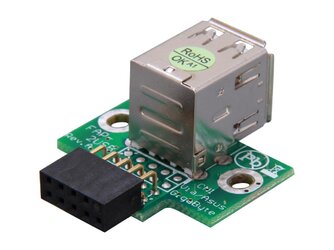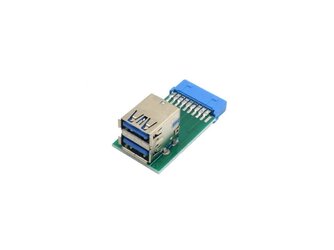- Joined
- Mar 7, 2008
Don't know if people have been following the Win11 news, but one of several thing that has blown up is the apparent requirement of TPM 2.0 (1.2 may work but not recommended). To my current understanding there are two possible implementations.
1, a physical (optional) TPM module fitted to the mobo
2, use the embedded security features in newer Intel/AMD platforms. I say platforms because it is unclear to me if it is implemented in CPU, chipset, or elsewhere. This may be referred to as fTPM.
You can check the presence of enabled TPM by running tpm.msc in Windows.
TPM 2.0 enabled already:
Asus Kaby Lake laptop
Lenovo Zen 3 laptop
Required manual enabling in bios:
Asus B560 mobo
Asus X299 mobo
Asrock Z370 mobo
Asrock Z390 mobo (assumed, need to check)
Option in bios but can't set - requires module?
Gigabyte Z490 mobo (need another look after new information, see post on 6 July)
No option in bios that I can find:
Asus Z170 mobo
In short, if MS hold to TPM being a mandatory requirement there will be a lot of modern self builds that can't update to it. Apparently TPM has been a requirement for Win10 certified systems for a while, so this is unlikely to affect systems from the bigger box shifters. Systems from custom PC builders will probably be affected similarly to enthusiast builds.
I wanted to enable a system for trying out Win11, but basically of the two desktops and one newer laptop that meet all other requirements beyond TPM, they're all in frequent use and I don't want to put a pre-release OS on them. It is not trivial for me to swap in an alternate boot disk either. The desktops are all M.2 and require removing the GPU to access. The laptop requires disassembly to reach the M.2 slots, so that's also out. I don't want to try it that badly.
1, a physical (optional) TPM module fitted to the mobo
2, use the embedded security features in newer Intel/AMD platforms. I say platforms because it is unclear to me if it is implemented in CPU, chipset, or elsewhere. This may be referred to as fTPM.
You can check the presence of enabled TPM by running tpm.msc in Windows.
TPM 2.0 enabled already:
Asus Kaby Lake laptop
Lenovo Zen 3 laptop
Required manual enabling in bios:
Asus B560 mobo
Asus X299 mobo
Asrock Z370 mobo
Asrock Z390 mobo (assumed, need to check)
Option in bios but can't set - requires module?
Gigabyte Z490 mobo (need another look after new information, see post on 6 July)
No option in bios that I can find:
Asus Z170 mobo
In short, if MS hold to TPM being a mandatory requirement there will be a lot of modern self builds that can't update to it. Apparently TPM has been a requirement for Win10 certified systems for a while, so this is unlikely to affect systems from the bigger box shifters. Systems from custom PC builders will probably be affected similarly to enthusiast builds.
I wanted to enable a system for trying out Win11, but basically of the two desktops and one newer laptop that meet all other requirements beyond TPM, they're all in frequent use and I don't want to put a pre-release OS on them. It is not trivial for me to swap in an alternate boot disk either. The desktops are all M.2 and require removing the GPU to access. The laptop requires disassembly to reach the M.2 slots, so that's also out. I don't want to try it that badly.






